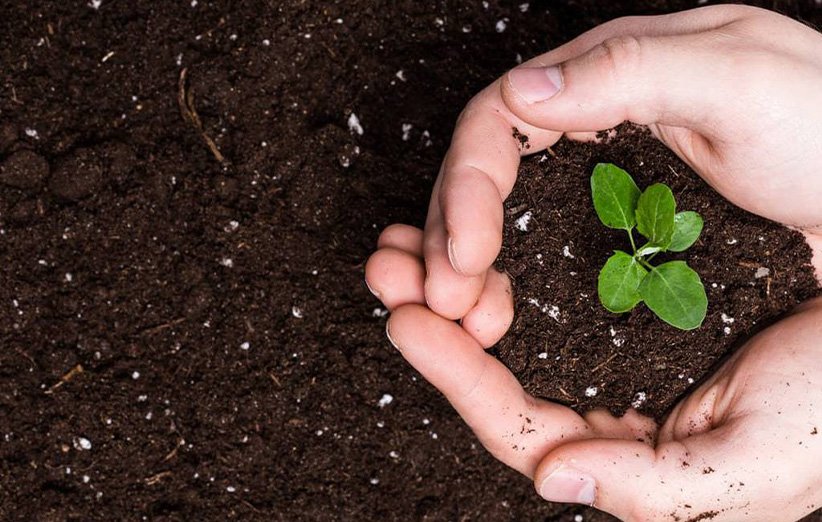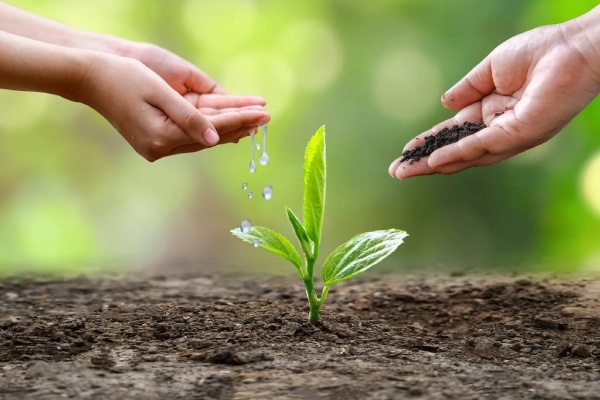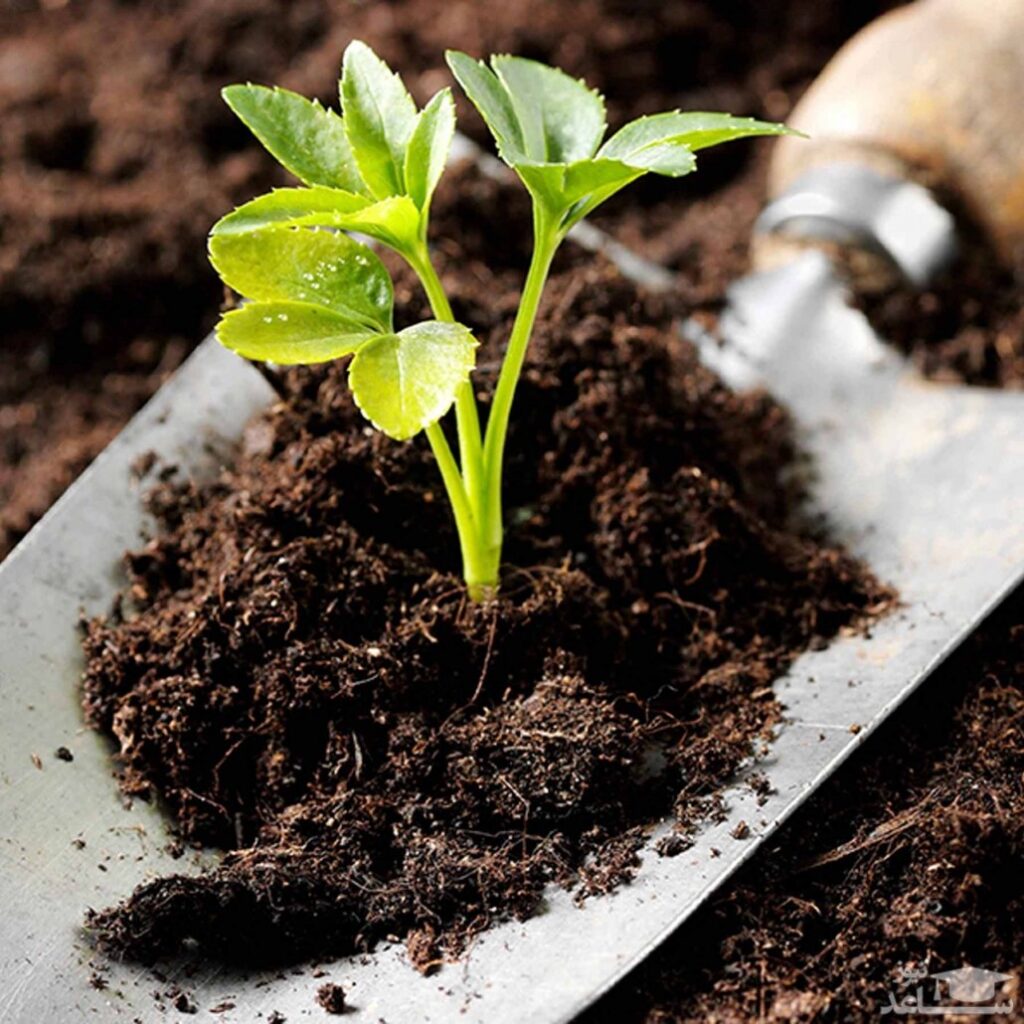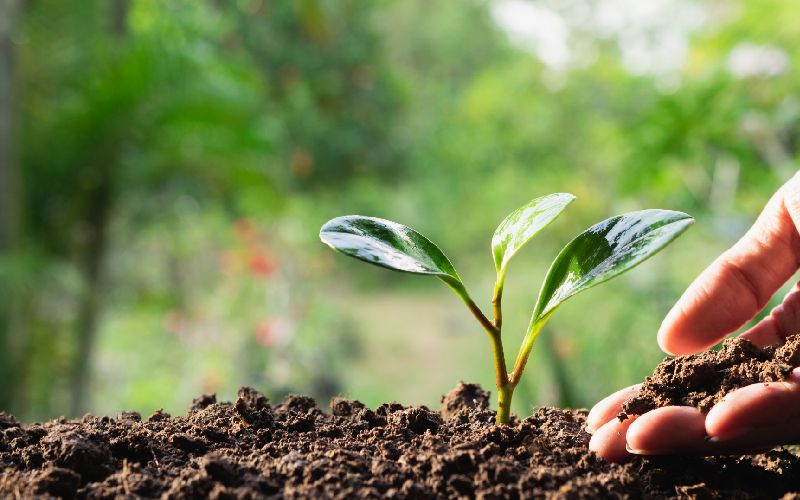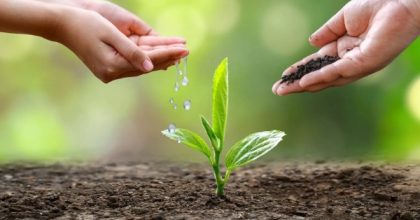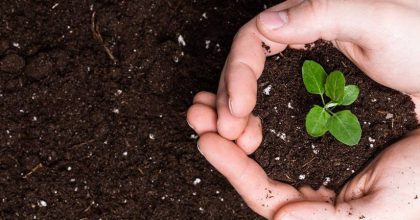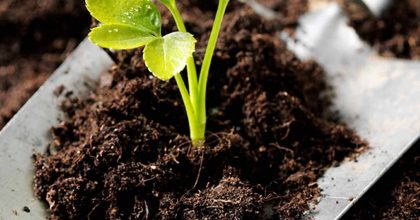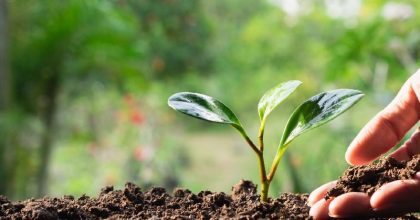The expansion and urbanization of human populations, along with increasing demands and desires, have led to an increase in the volume and weight of urban waste materials over the past few decades. Currently, in the greater Tehran metropolitan area, over 7,000 tons of household waste are collected daily and transported to waste processing complexes for disposal.
Based on physical and chemical analysis of Tehran’s municipal waste, it has been determined that nearly 65% of Tehran’s waste is organic, making composting the best method for safely returning it to the natural cycle as compost.
Types of Compost That Can Be Produced:
- Grade A Compost: This type of compost, with particle sizes ranging from zero to six millimeters, is made from municipal waste and is used in urban green spaces, greenhouse cultivation, landscaping, and ornamental plants.
- Grade B Compost: This type of compost, with particle sizes ranging from six to 20 millimeters, is made from municipal waste and is used in tree planting and creating forest parks.
- Granular Compost: Produced by adding sulfur, bagasse, and bentonite to compost, it enhances nutrient absorption in soil and helps increase plant growth and yield.
- Liquid Compost: Produced by dissolving compost, its humic acid promotes plant growth and seed germination.
- Vermicompost: Certain species of earthworms can easily convert organic matter into compost.
Increasing the Capacity of Compost Processing and Refining Lines:
The Waste Management Organization, in order to increase compost refining capacity through private sector investment, has undertaken the construction, installation, and commissioning of new compost refining units. It is projected that by the end of 2022, the refining capacity will increase to 1,500 tons.
Benefits of Using Compost:
Compost generally enhances soil biological activities and helps improve soil fertility. Being acidic, it plays a fundamental role in absorbing certain nutrients such as insoluble phosphates. Additionally, compost reduces soil compaction and enhances the porosity and aeration of agricultural soils.
Moreover, compost is cheaper and safer than chemical fertilizers, and it lacks any harmful pathogens. With its abundant organic nutrients, compost promotes plant growth.
Applications of Compost:
Compost has a wide range of uses, including cultivation of root crops such as beets, cotton, potatoes, and corn, as well as all fruit trees, citrus, and vegetables. It is also used in greenhouses, floriculture, cultivation of apartment flowers, and landscaping around highways, airports, and sports fields.
Hazards of Using Chemical Fertilizers:
Unrestrained use of chemical fertilizers in agriculture leads to water and food contamination. Improper use of chemical fertilizers contaminates groundwater, ultimately entering the human food chain through agricultural products.
Moreover, indiscriminate use of chemical fertilizers in agriculture contributes to the prevalence of gastric cancer and pollutes agricultural soils.
Furthermore, the subsidy provided for chemical fertilizers is detrimental to the economy of the country.


